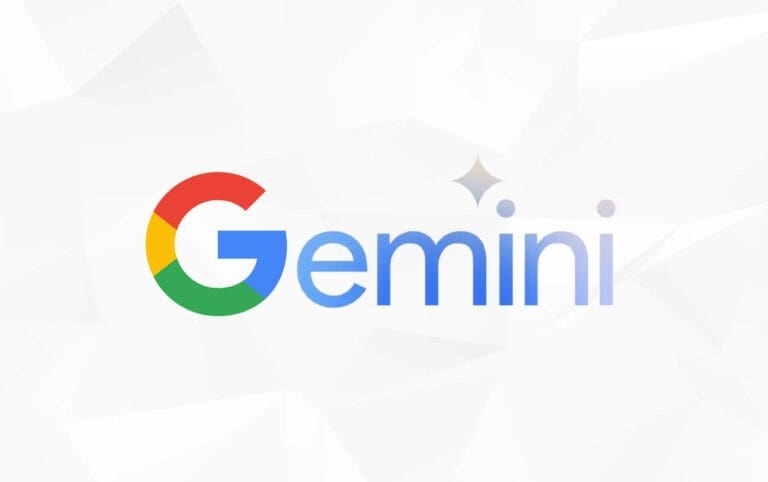Google is launching a series of solutions to strengthen the security of AI systems and actively use artificial intelligence as a means of defense against cyber threats.
On October 6, the company announced the AI agent CodeMender. The agent was developed by Google DeepMind and uses advanced Gemini models to detect and repair security issues in software automatically. According to Google, the agent can independently analyze vulnerabilities, identify the underlying cause, and generate a proposed fix.
The proposed patches are then checked by separate AI systems that function as automatic reviewers. Only then does an assessment by human developers follow.
Additional reporting from SiliconANGLE indicates that CodeMender has already submitted 72 patches to open-source projects, covering more than 4.5 million lines of code. The technology is used both to fix existing bugs and to restructure code so that certain categories of vulnerabilities can no longer occur. In a demonstration, the AI was applied to the libwebp library. Here, CodeMender added extra security annotations to prevent buffer overflows. That library was previously involved in a zero-click attack on iOS in 2023.
Additional control layer ensures reliability
The underlying approach combines static and dynamic analysis with techniques such as fuzzing and symbolic reasoning. A separate control layer, referred to as an LLM judge, evaluates whether the proposed changes maintain the software’s functionality. When irregularities are found, CodeMender can correct its own changes before a patch is submitted to human reviewers.
In addition to CodeMender, Google launched the AI Vulnerability Reward Program. This program centralizes the rules and rewards for reporting vulnerabilities in AI systems. AI-related components of existing reward programs have been brought together to simplify the reporting of relevant errors. According to Google, more than $430,000 in rewards has already been paid out through previous AI-related programs.
The company has also expanded the Secure AI Framework to version 2.0. This version focuses on the security of autonomous AI agents and introduces a risk map that allows security teams to identify threats in the various layers of an AI system.
The update emphasizes that AI agents must always be under human control, that their capabilities must be limited, and that their actions must remain transparent and verifiable. Google shares the risk data with the Coalition for Secure AI to promote collaboration within the industry.
According to Google, the goal of these initiatives is to shift the balance in digital security. While malicious actors are using artificial intelligence for faster and more sophisticated attacks, the company wants to use the technology to strengthen defenders structurally. Google is collaborating with public and private partners, including the US research agency DARPA, and emphasizes that it will continue to invest in the further development of secure and reliable AI systems in the years to come.
